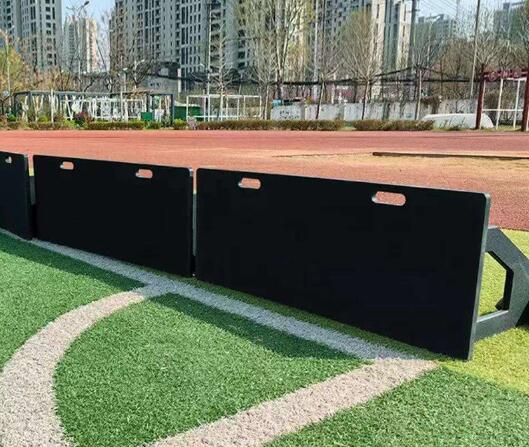Understanding HDPE Sheets
High-Density Polyethylene (HDPE) sheets have become an essential material across a wide range of industries. Known for their exceptional durability and chemical resistance, HDPE sheets stand out in applications requiring strength under pressure and exposure to harsh conditions.
HDPE sheets are produced through a thermoplastic process, resulting in a product with a high strength-to-density ratio. Their adaptability makes them suitable for industries such as construction, manufacturing, and packaging.

Exceptional Durability Under Pressure
One of the most remarkable features of HDPE sheets is their ability to endure high-pressure environments. These sheets are resistant to impact, cracking, and warping, even under significant mechanical stress. Their structural integrity makes them ideal for applications such as piping systems, tank liners, and heavy-duty containers.
HDPE sheets maintain their durability across a wide range of temperatures, from freezing conditions to high-heat environments. This property ensures their performance in industries where temperature fluctuations are common, such as food storage or chemical processing.
Resistance to Chemicals and UV Exposure
HDPE sheets excel in resisting corrosive chemicals, making them an excellent choice for industries handling aggressive substances. Unlike some materials, HDPE doesn’t degrade when exposed to acids, bases, or solvents. This resistance extends the lifespan of the product and reduces maintenance costs.
Additionally, HDPE sheets are UV-stabilized, meaning they resist degradation from prolonged exposure to sunlight. This quality is crucial for outdoor applications, such as signage, playground equipment, and agricultural liners.
Applications Across Diverse Industries
The versatility of HDPE sheets allows them to meet the demands of numerous industries. In construction, they are used for moisture barriers and ground stabilization. The food industry relies on HDPE for hygienic cutting boards and storage containers due to its non-toxic nature.
Automotive and marine industries also benefit from HDPE sheets for their lightweight and water-resistant properties. These features make them suitable for creating fuel tanks, dashboards, and boat hulls.
Environmental Benefits of HDPE Sheets
HDPE is an environmentally friendly material, as it is fully recyclable. Recycled HDPE can be repurposed into a variety of products, reducing waste and conserving resources. Its durability further contributes to sustainability by minimizing the need for frequent replacements.
Many suppliers now offer recycled HDPE sheets without compromising on quality, making it an excellent choice for eco-conscious businesses.
Conclusion
In summary, HDPE sheets are a powerhouse of durability and resistance, standing up to physical, chemical, and environmental pressures. Their versatility and sustainability make them indispensable in numerous industries, from construction to food processing.
If you are considering HDPE sheets for your next project, reach out to a trusted supplier for expert guidance. For further information or inquiries, feel free to contact us to explore how HDPE can meet your needs.

















